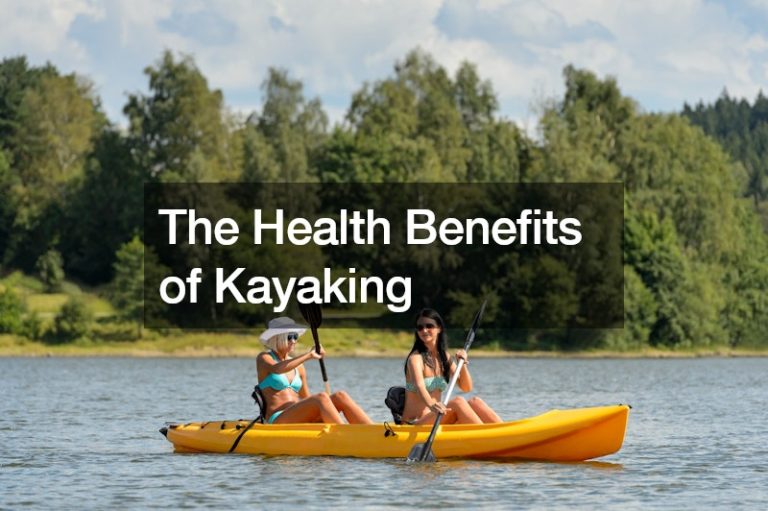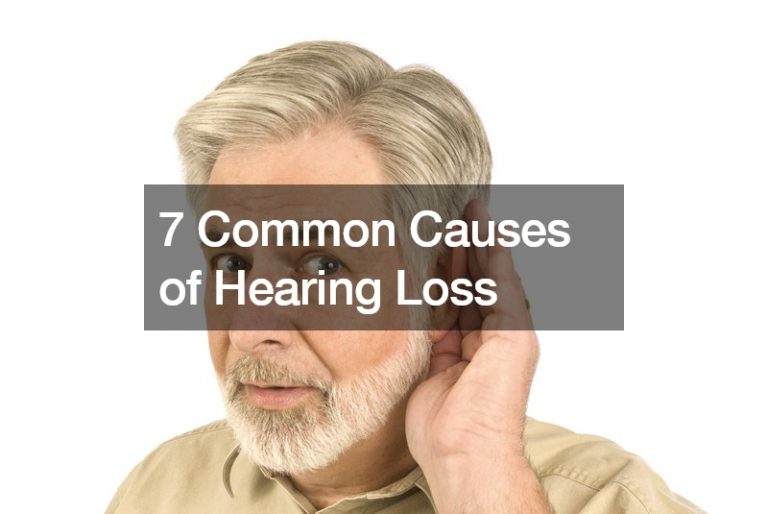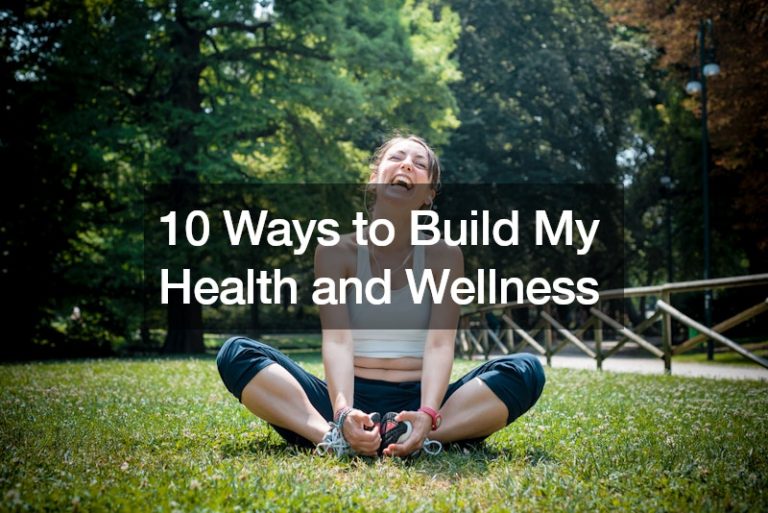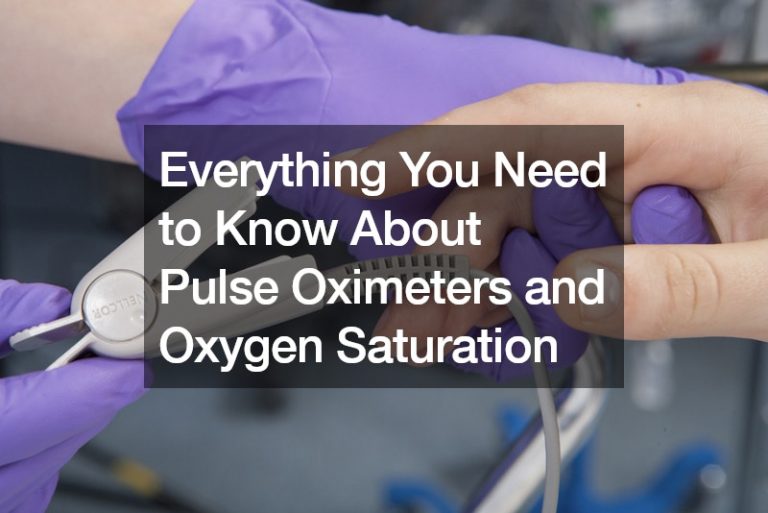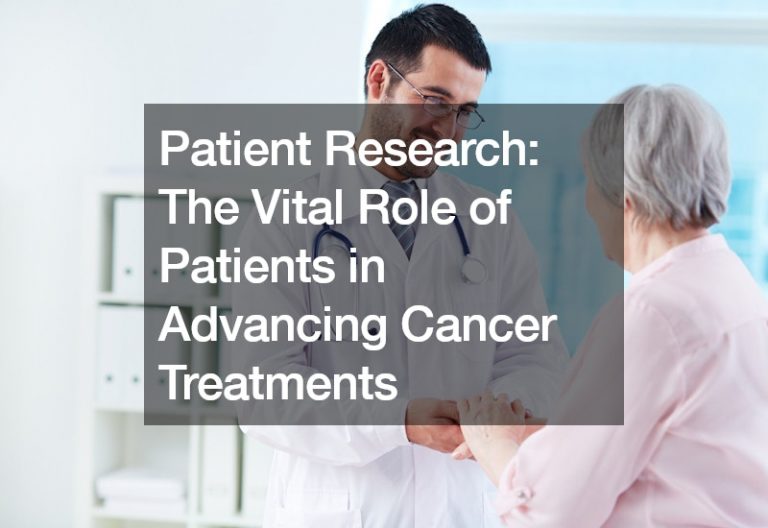In school, most kids learn about reproductive anatomies as early as eight years old. Once they enter high school, they are given sexual education classes to learn about puberty, gender orientation, reproduction, abstinence, contraception, relationships, and consent, which are all topics that they should be taught at this age of exploration and self-discovery.
However, most sex ed classes aren’t as comprehensive as they should be. Many adolescents grow up learning that they should abstain from a naturally humane activity instead of being taught about how to be safe during sexual intercourse so that they can avoid unplanned pregnancies or sexually transmitted diseases (STDs).
There’s also the fear of being stigmatized for being sexually active or inactive, which can deter adolescents from seeking guidance from their parents and teachers when they come across problems with their bodies. This can urge the adolescents to consult the internet or their friends, which aren’t really credible sources of information for alarming health conditions.
As a woman, you must know early on that the human body is complex. Throughout your life, your body is going to undergo changes that are usually out of your control. That’s why you must have a trustworthy obstetrician-gynecologist (OB-GYN) by your side to guide you through these changes.
Adolescence and Menstruation
Most girls experience their first menstrual cycle between 10 and 15 years old, although some may experience it later. This period of change signifies the beginning of puberty, wherein their breasts begin to develop, and they may experience transparent vaginal discharges on their underwear before their first period even arrives.
If the girls have no maternal figures or older siblings in their house that can teach them about their bodies, this can be a confusing time for them because they would have no one to lean on. Typically, girls should meet with their OB-GYN when they first get their period so that they can learn about the proper way to handle the change and get all their questions answered.
Young girls must be given enough information regarding their periods so that they can make informed decisions. For instance, that they can get pregnant as soon as they get their periods, especially if they aren’t on any contraceptives or using condoms. Another thing is that they can experience premenstrual syndrome (PMS), which can cause acne, mood swings, bloating, or severe cramps.
Adulthood and Childbirth

Eventually, as women age, their priorities will start to change too. It could be around their 20s or 30s when they start considering the possibility of becoming a mother and give birth to their own child. When this time comes, women can consult their OB-GYNs to help plan their pregnancy.
Doing so will allow them to prepare their bodies for the changes they will undergo when there’s a bun in the oven. These can include prenatal care, labor and birthing options, healthy diet and nutrition, genetic testing and screenings, or treatment for pains during pregnancy.
It is also during adulthood when women should start conducting regular preventive tests and screenings for serious health conditions because early detection is key. This can include tests such as pap smears, pelvic exams, clinical breast exams, mammograms, and cancer screenings, among others.
Middle Age and Menopause
Some women begin to experience the symptoms of menopause once they reach their 40s. This age could be characterized by hot flashes, a low libido, vaginal dryness, bone loss, or incontinence. All these symptoms may start to arise during perimenopause, which signifies the end of their reproductive years.
The symptoms are brought about by the bodily changes that have to do with hormone production. This is because, during perimenopause, women’s estrogen and progesterone levels start to diminish until they stabilize. However, these hormonal fluctuations can be the cause of menopausal women’s intense mood swings and unstable mental health conditions.
It’s possible that consulting with an OB-GYN during this period can be beneficial to women because they seek help in monitoring their blood pressure, cholesterol, sugar, and hormonal levels. Of course, older women must continue to conduct their annual screenings to reduce the risks of having osteoporosis and breast, ovarian, or cervical cancer.
All human bodies are intricate and complex, but a woman’s body undergoes far more changes than that of a man because it experiences menstruation, pregnancy, and menopause. It’s evident just how much care the bodies of women need after experiencing all those changes.
That’s why as a woman, it is your duty to make sure that your body is getting all the attention it deserves, especially when it comes to self-care, preventive healthcare, and maintaining your overall well-being. Besides, your body is already going through enough challenges as it is.


